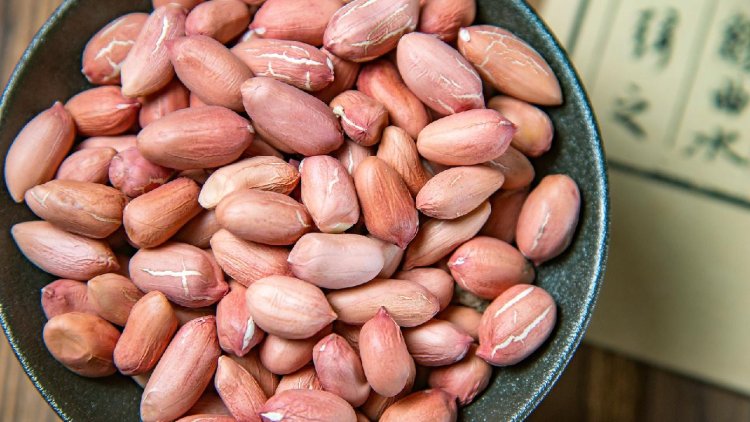Genetic Advancement Offers Promise for Increased Peanut Production
Researchers from Australia and China have discovered important genetic variations that have the potential to greatly enhance peanut crop yields, as reported by Australia's Murdoch University.

By creating the first comprehensive pangenome of peanuts, the global research team discovered vital structural changes that influence seed size and weight—two essential traits for optimizing production, according to a news release from Murdoch University in Western Australia on Monday.
In a groundbreaking finding, they established that the deletion of the Aharf2-2 gene, which typically limits seed growth, results in considerably larger seeds.
The study examined the genome-wide diversity of 269 peanut accessions that encompassed wild species, landraces, and improved varieties. The researchers found notable genetic variations and spotlighted genetic differences that are directly associated with the development of larger seeds.
Additionally, the team traced the evolutionary history of cultivated peanuts, observing that a gene responsible for regulating cell division—and thus seed size—was absent in all 61 wild species analyzed, according to the study published in Nature Genetics.
"This study offers the most comprehensive genomic variation resource of peanuts to date and will be an invaluable tool for peanut breeding and crop breeding efforts going forward," commented Professor Rajeev Varshney, director of Murdoch University's Center for Crop and Food Innovation.
Professor Peter Davies, pro-vice chancellor of Murdoch University and director of the university's Food Futures Institute, noted that the insights into seed size regulation could extend beyond peanuts to benefit other important crops such as cotton and rapeseed.
The pangenome, encompassing both wild and cultivated peanut species, establishes a crucial foundation for future genetic enhancements in legumes and other significant crops, according to the study led by scientists from Murdoch University and China's Henan Agricultural University, Shanghai Jiao Tong University, and the Shandong Academy of Agricultural Sciences.
Frederick R Cook for TROIB News
Discover more Science and Technology news updates in TROIB Sci-Tech












